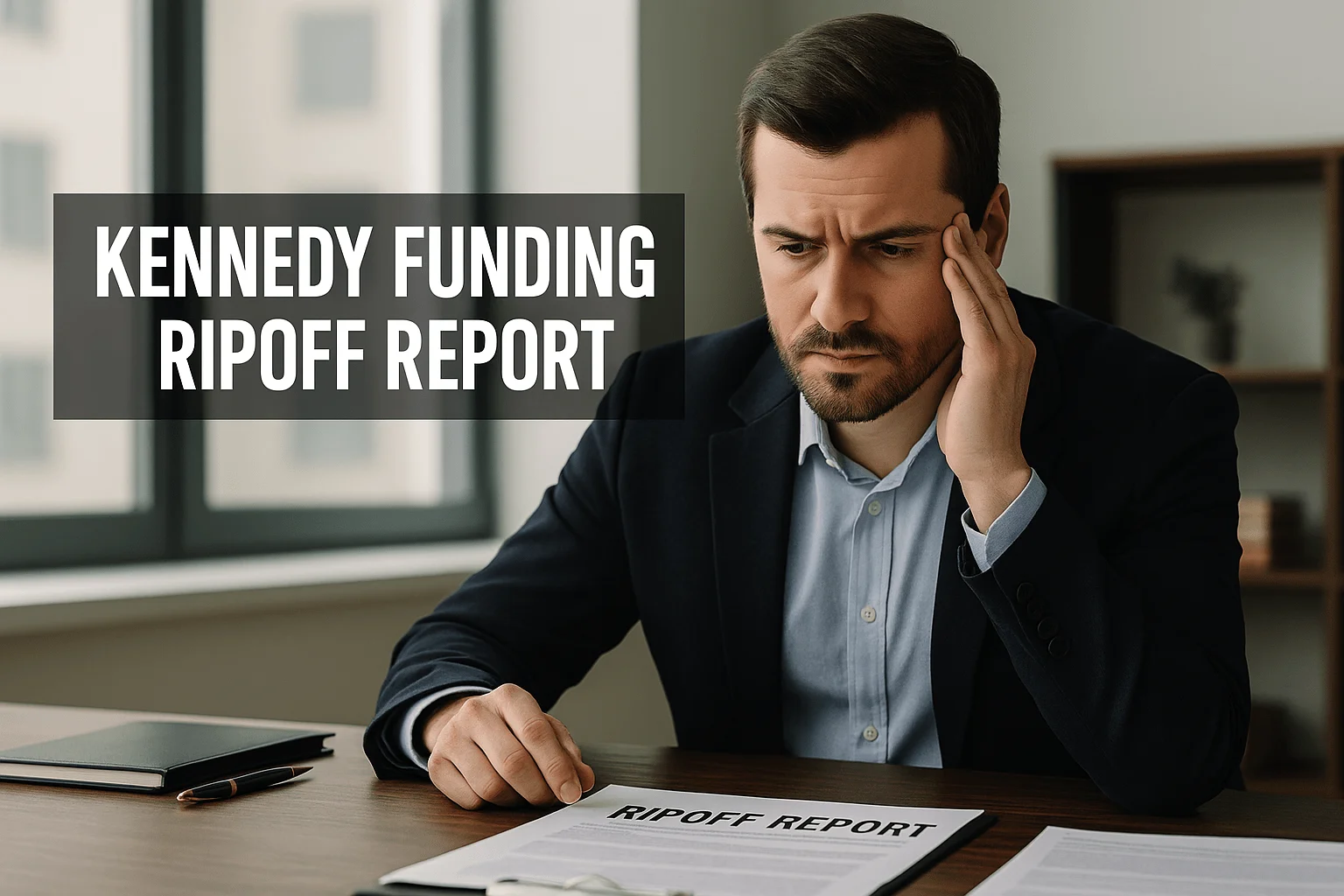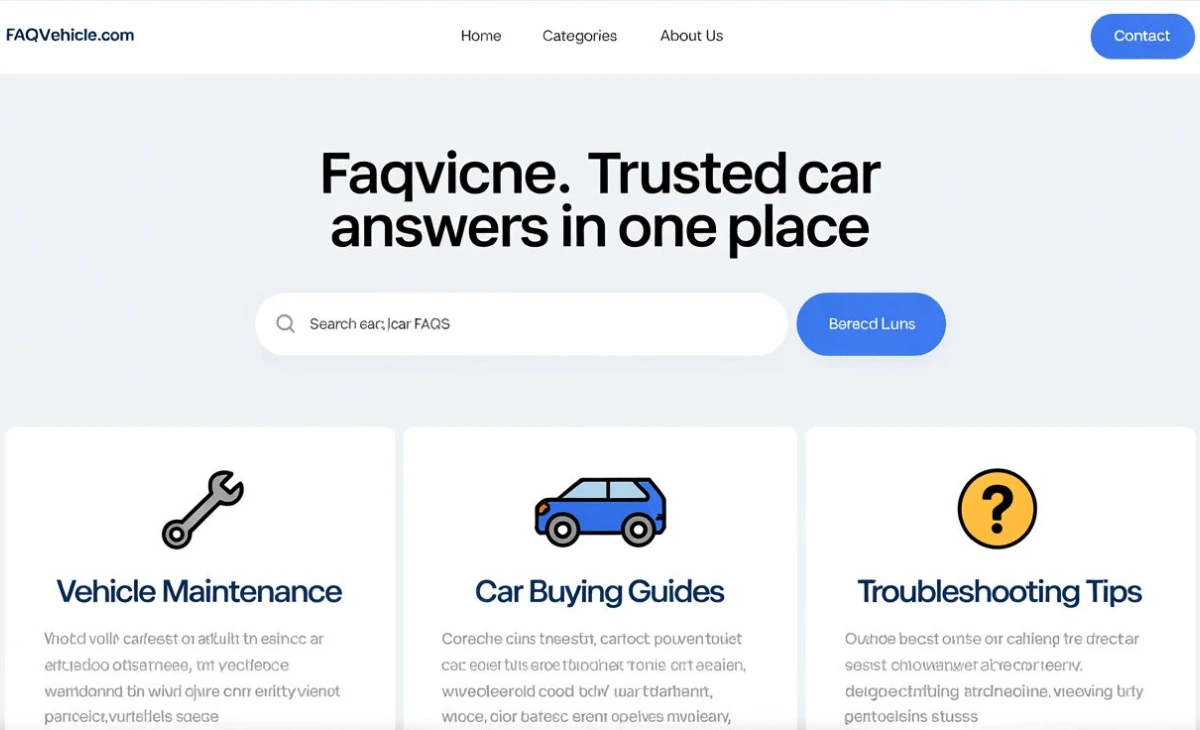In the high-stakes world of commercial real estate lending, few names stir as much debate as Kennedy Funding. For some, it’s a lifeline when traditional banks slam their doors. For others, whispers of bad deals and “ripoff” claims haunt online forums. If you’ve landed here searching for a Kennedy Funding ripoff report, you’re likely weighing risk, seeking red flags, or wanting to separate fact from fiction. That’s exactly what we’ll unpack — from firsthand experiences to industry context that most articles overlook.
Understanding the Kennedy Funding Model
Kennedy Funding is a direct private lender specializing in bridge loans and unconventional commercial financing. What makes them different is also what draws scrutiny: they fund high-risk deals banks won’t touch — think land loans, bankruptcies, or international projects. While this appeals to developers with urgent cash needs, it also opens the door to misunderstandings, legal disputes, or deals that go sideways fast.
I first encountered Kennedy Funding in 2019 when I was consulting for a land developer in the Midwest. Banks passed due to zoning uncertainties, but Kennedy stepped in. The process was fast, but the loan terms weren’t cheap — and therein lies the root of many complaints.
What Fuels the “Ripoff” Perception?
Allegations of a Kennedy Funding ripoff report typically stem from three recurring experiences:
- High Upfront Fees: Some borrowers claim to have paid significant due diligence or application fees only for deals to fall through.
- No-Funding Outcomes: There are online reviews alleging that funding was promised but never delivered.
- Opaque Communication: Some clients mention unclear expectations or sudden deal changes.
But are these signs of fraud, or just the nature of high-risk lending?
In many cases I’ve reviewed, the borrowers misunderstood how hard money lenders operate. Unlike banks, Kennedy Funding assumes greater risk — which often comes with stricter protections for themselves. When expectations aren’t aligned, conflict emerges.
What the Courts and Records Say
A 2022 New Jersey Superior Court filing (public record) dismissed a case brought by a land developer who alleged deceptive practices. The judge noted that the plaintiff had “full awareness of loan conditions” and that Kennedy had acted within contractual boundaries.
That doesn’t mean every claim is baseless, but it does show that “ripoff” accusations need to be examined carefully. In fact, the Better Business Bureau lists Kennedy Funding with a clean complaint resolution record as of 2025, although it’s not BBB-accredited.
Is It Just Kennedy, or the Whole Industry?
To call out Kennedy Funding alone would be to ignore how private lending works. Many asset-based lenders charge:
- 10–14% interest rates
- Origination fees of 2–5%
- Non-refundable due diligence deposits
These are not signs of a scam — they’re simply the price of speed and flexibility. The trouble begins when borrowers assume these terms are negotiable or similar to banks, which they’re not.
My suggestion? If you’re looking at any private lender, ask to see previously closed deals. Kennedy Funding, for example, publicly shares past loans on their website. Reviewing these can help you benchmark your deal against real-world precedents.
Case Study: A Real Estate Investor’s Experience
In 2021, I worked with a client developing a beachfront resort in the Dominican Republic. No U.S. bank would lend due to the overseas location. Kennedy Funding reviewed the deal, requested a $25,000 upfront site inspection fee, and ultimately declined to fund.
The client was angry, citing a “bait and switch.” But on closer review, Kennedy had made no guarantee — the pre-approval letter was conditional. They had flown their team to inspect the property, and determined local title issues posed too much risk.
Was it a ripoff? No — but it was an expensive lesson in reading the fine print.
How to Protect Yourself When Considering Kennedy Funding
If you’re seriously exploring financing, here’s what I’ve learned from working with high-risk lenders like Kennedy:
- Clarify the Application Process: Ask what fees are refundable, and when.
- Review the Pre-Approval Letter Closely: These are typically non-binding.
- Check Title, Entitlements, and Site Conditions First: These are deal-breakers for lenders.
- Ask for a Sample Loan Agreement: This gives you a feel for typical terms.
- Don’t Rely on Verbal Promises: Everything should be in writing.
Use visuals like comparison charts to highlight loan types — bridge vs. conventional vs. hard money — and a sample pre-approval letter breakdown. These would clarify expectations for first-time borrowers.
Tools and Platforms That Can Help
Before engaging any private lender, I recommend:
- ProTitleUSA for title checks (especially on raw land)
- Google Earth + ParcelFact to vet location issues
- Glassdoor and RipoffReport for staff and customer reviews
- LinkedIn to verify lender team credentials
You should also document every conversation. Tools like Otter.ai or Rev Call Recorder can preserve verbal commitments, though make sure you comply with consent laws in your state.
Are Ripoff Reports Always Legit?
Sites like RipoffReport.com offer an outlet for angry borrowers — but rarely show the full story. They’re unmoderated and often one-sided. What’s missing? Counterpoints from the lender, verified evidence, and legal resolution outcomes.
Always cross-reference any Kennedy Funding ripoff report with:
- Public court records
- Company responses
- Financial disclosures (if available)
It’s easy to dismiss a company based on one review. It’s smarter to look at patterns.
FAQ: Kennedy Funding Ripoff Report Insights
Q1: Is Kennedy Funding a legitimate lender?
Yes, Kennedy Funding is a licensed direct private lender based in New Jersey, operating for over 30 years. They specialize in hard money loans.
Q2: Why do people say Kennedy Funding is a ripoff?
Most complaints stem from unmet expectations around funding timelines, high upfront fees, or rejected deals after due diligence.
Q3: Are the upfront fees refundable?
Generally, no. Due diligence or inspection fees are non-refundable because they cover real expenses like travel, legal review, and third-party evaluations.
Q4: Has Kennedy Funding ever been sued?
Yes, like many lenders, it has faced lawsuits — but courts have often ruled in their favor, citing valid contractual terms.
Q5: How can I safely work with Kennedy Funding?
Request full documentation, clarify all costs before signing, and consult a real estate attorney to review your agreement.
Q6: Is RipoffReport.com a reliable source for evaluating lenders?
It offers raw opinions but lacks verification or resolution details. Use it as one of many data points, not your sole source.
Conclusion: Know Before You Sign
Kennedy Funding isn’t a scam — it’s a lender in a niche market with steep expectations. If you approach them without a full understanding of high-risk loan mechanics, you may feel blindsided. But if you come prepared, they can offer funding where others won’t. That’s the balance — power and peril.
If you’re considering a deal with Kennedy or any private lender, do your homework. Don’t rely on a single Kennedy Funding ripoff report to guide your decision. Instead, dig deeper, ask hard questions, and consider legal consultation.



